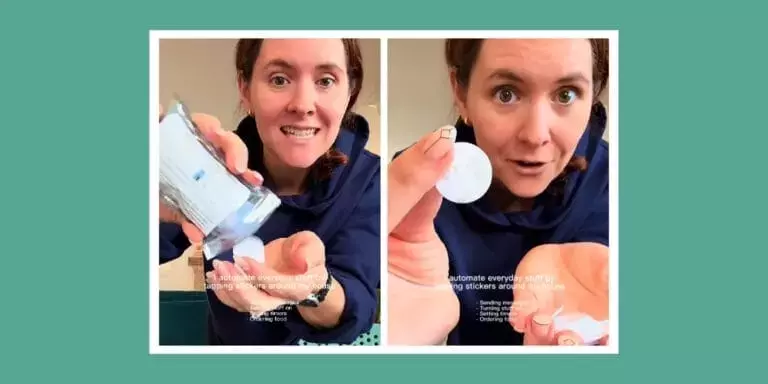





































This article examines a viral TikTok video showcasing a father's exemplary response to his daughter's distress over a potential first period. His actions emphasize the critical role parents play in fostering trust and promoting body confidence in children. By addressing such sensitive moments with calm reassurance and practical support, caregivers can significantly impact a child's sense of security and willingness to communicate openly about their physical development. The video has resonated widely, highlighting a positive model for parental engagement during key developmental stages.
This narrative explores the profound impact of a parent's understanding and supportive behavior when a child faces a significant bodily change. The father's compassionate response to his daughter's period scare not only addresses her immediate anxiety but also lays a foundation for long-term confidence and open dialogue. Such interactions are crucial for normalizing discussions around puberty and menstruation, transforming potentially embarrassing situations into opportunities for strengthened family bonds.
A Supportive Father's Viral Moment: Building Trust During Puberty
The viral TikTok video, with millions of views, vividly captures a father's calm and empathic handling of his daughter's worry about potentially starting her period. His response, characterized by immediate reassurance, practical assistance, and collaborative parenting, provides a powerful lesson in supporting children through sensitive developmental stages. This approach helps to alleviate the child's anxiety and reinforces the idea that she can confide in her parents about her body's changes without fear of judgment or panic. The father's actions, from listening intently to swiftly finding a menstrual pad and involving the mother, demonstrate a united front in offering care.
In the video, the daughter's initial distress, expressed with a worried "I don't feel so good," quickly shifts the father's focus. Despite a brief, almost humorous "Got a poop?" query, his attention immediately turns to her profound anxiety when she mentions her period and wearing white. He calmly instructs her to keep her phone, promising to come for her if needed, while simultaneously searching the car for menstrual supplies—a foresight he attributes to her mother, highlighting effective teamwork. This calm, resourceful reaction transforms a moment of potential embarrassment and fear into one of security and understanding. It underscores how such parental responses are pivotal in shaping a child's confidence, sense of safety, and willingness to engage in future open conversations about their body, effectively breaking down traditional taboos surrounding menstruation.
Fostering Body Confidence and Open Communication through Parental Support
A parent's compassionate and calm reaction during significant developmental milestones, such as a daughter's first period scare, is instrumental in cultivating a child's enduring body confidence and encouraging open communication. When parents consistently meet these moments with unwavering support, children learn to trust and rely on them, understanding that no topic about their body is off-limits. Child psychologists and puberty educators underscore that these early experiences are vital for shaping a child's self-perception and their comfort in discussing bodily changes. Conversely, dismissive or uncomfortable parental reactions can inadvertently lead to feelings of shame, creating emotional barriers that hinder future open dialogue and self-acceptance.
The father's exemplary response in the viral video serves as a compelling reminder for all caregivers, including dads, about their crucial role in de-stigmatizing periods and reinforcing trust within the home environment. By handling the situation with empathy and preparedness, he transformed a potentially frightening experience into a powerful moment of connection. This interaction assured his daughter that she is secure, valued, and never alone in navigating her body's natural changes. Such supportive actions build a robust foundation of trust, enabling children to approach puberty with confidence and maintain open lines of communication with their parents, which is essential for their overall well-being and emotional development.
